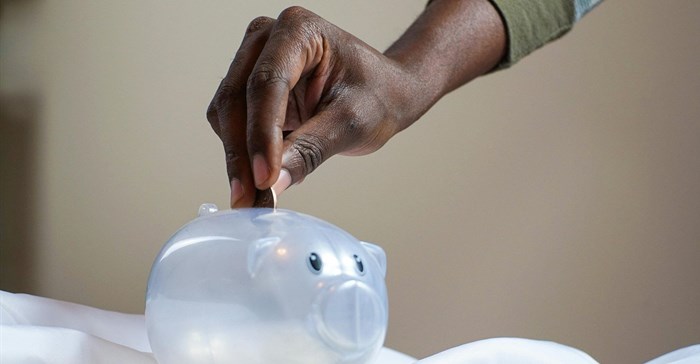The monthly BankservAfrica Take-home Pay Index (BTPI) experienced another positive month in February amid the better-performing environment, resulting in companies increasing their employees' average salaries over the last three months.
“The average nominal take-home pay reached R16,085, which was 4.6% growth on a year-ago and also 2.5% up on January’s R15,692,” says Shergeran Naidoo, BankservAfrica’s head of stakeholder engagements.
“In real-terms, the monthly take-home pay tracked higher at R14,354 in February 2024, slightly below year-on-year levels.”
This year’s business environment is expected to improve somewhat, unlike the previous two years where persisting economic challenges significantly impacted companies and their ability to pay inflation-related increases.
“While it is still early days, the BankservAfrica data signals 2024 could be a better year for salaries,” says Elize Kruger, independent economist.
Furthermore, although mediocre economic growth is forecast for 2024, the economy is expected to perform somewhat better than the 0.6% reflected in 2023. This is, however, dependent on reduced load shedding, a moderation in average inflation and interest rate cuts.
Salary growth forecasts
A comparison of the average nominal BTPI for the three months to February 2024, to the corresponding three months one year earlier, reveals a 6.4% increase, according to Kruger.
This is broadly in line with the South African Reserve Bank’s (Sarb) forecast of an average salary increase of 6.1% for 2024.
The figure also aligns with the results of a recent pay poll by Andrew Levy & Associates, indicating the majority of companies (58%) anticipate their average increase in respect of salaried staff to be in the region of 5% to 6.9%.Headline CPI moderated notably from 6.9% in January 2023 to 5.3% one year later and is forecast to average around 5.3% in 2024 compared to 6.0% and 6.9% in 2023 and 2022, respectively.
“With a forecast average salary increase of about 6%, 2024 could be a year of positive real increases in average salaries again, which will see the purchasing power of salary earners improve somewhat compared to the previous two years,” says Kruger.
Factors affecting household finances
Additionally, a lower inflation rate combined with some relief forecast for interest rates could provide much-needed support to households in terms of their spending ability and confidence levels. This will likely only be evident in the second half of this year.
The repo rate is likely to remain unchanged at next week’s Monetary Policy Committee meeting as sticky headline inflation, the weakness in the rand exchange rate and concerns about food prices could keep the Sarb from providing early relief.
The BankservAfrica Private Pensions Index (BPPI) increased in nominal and real terms in February 2024, remaining comfortably above year-ago levels.
“The average nominal private pension increased to R10,774 in February 2024 compared to the previous month’s R10,653, which was 7.1% higher than a year earlier,” says Naidoo.
Similarly, in real terms, the average BankservAfrica BPPI increased by 1.3% in February 2024 compared to a year earlier, beating inflation again.































